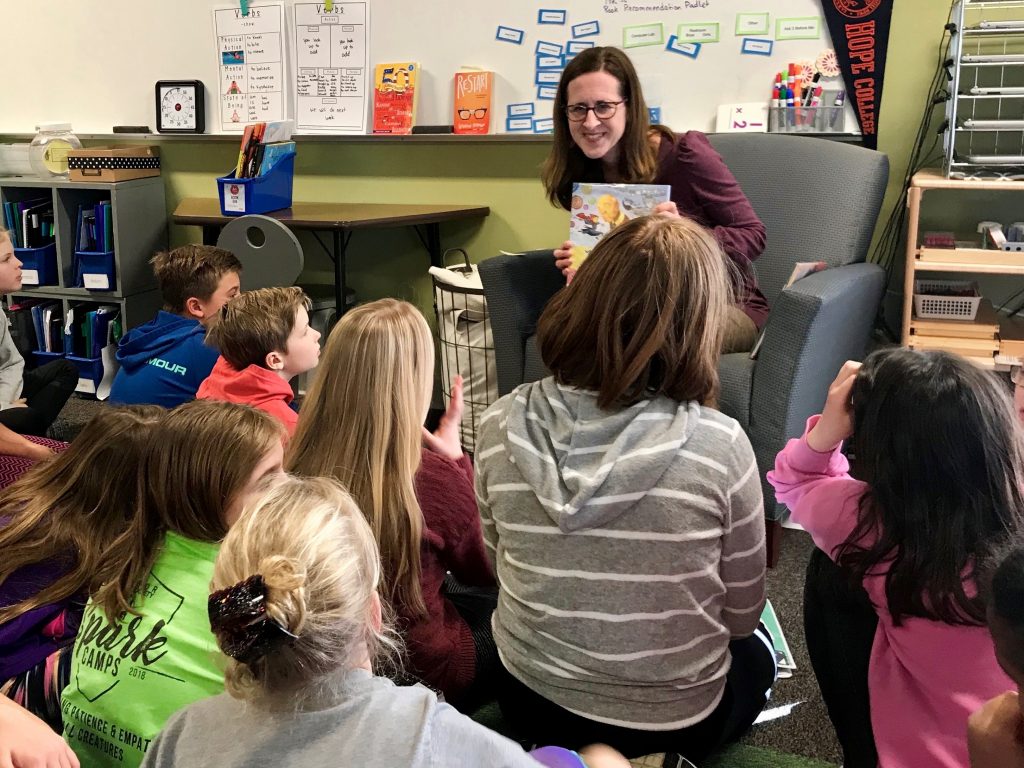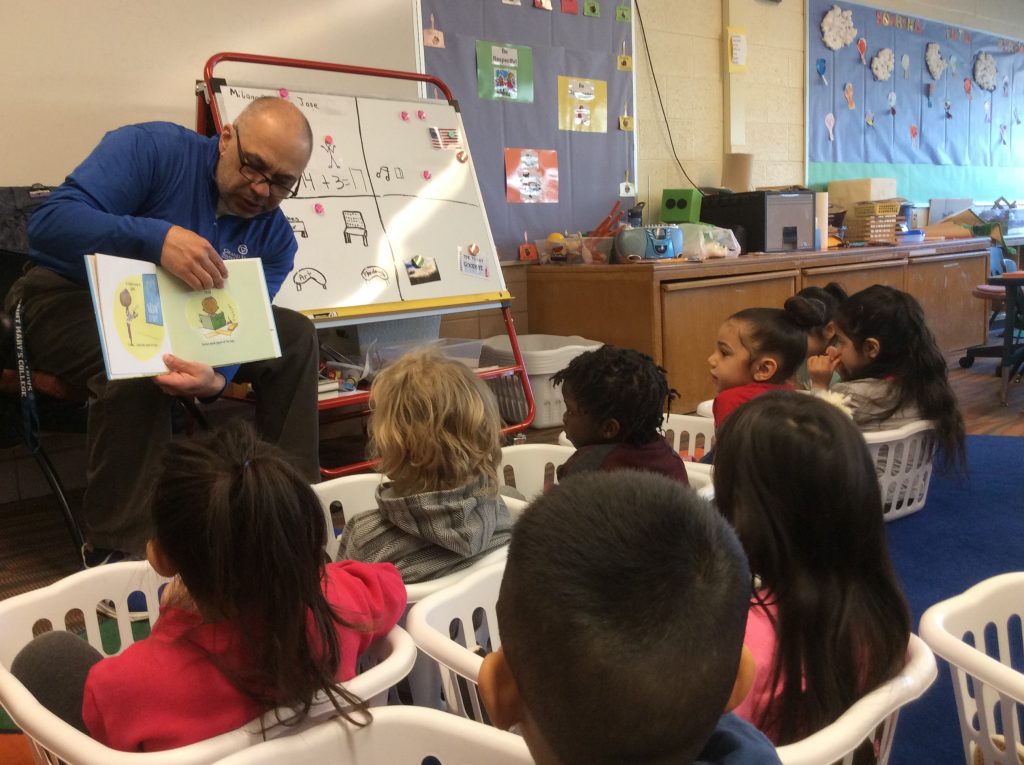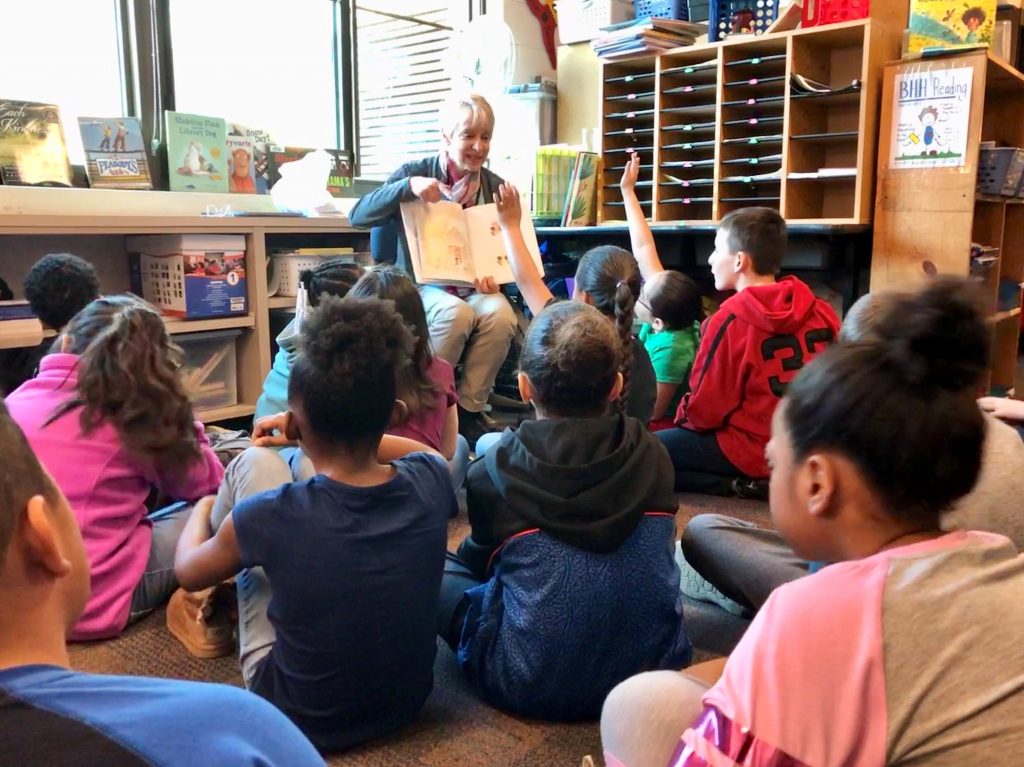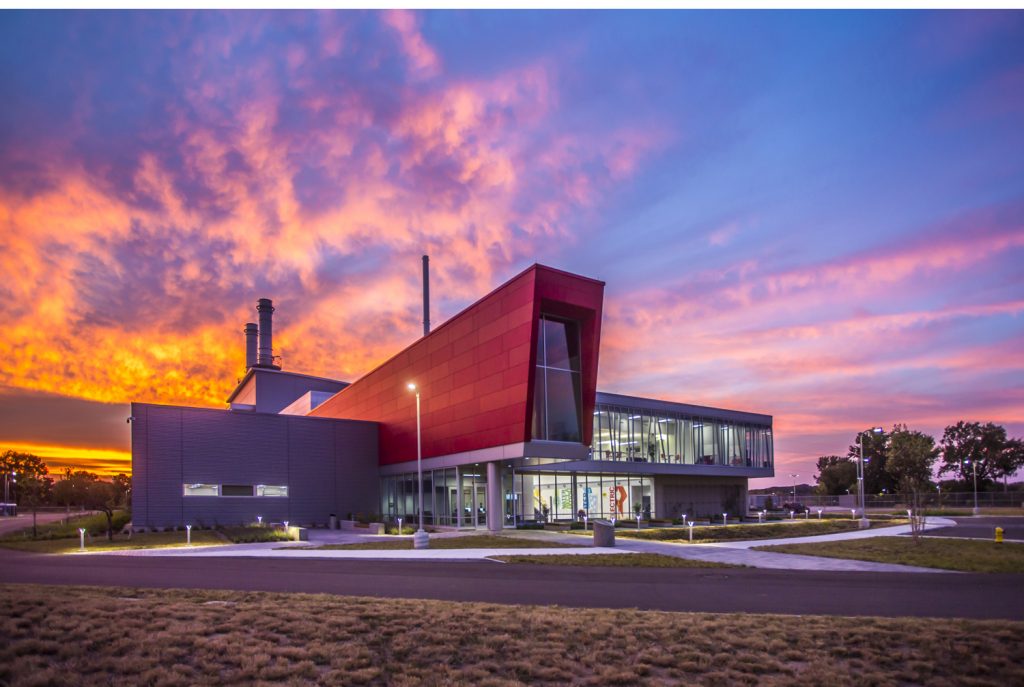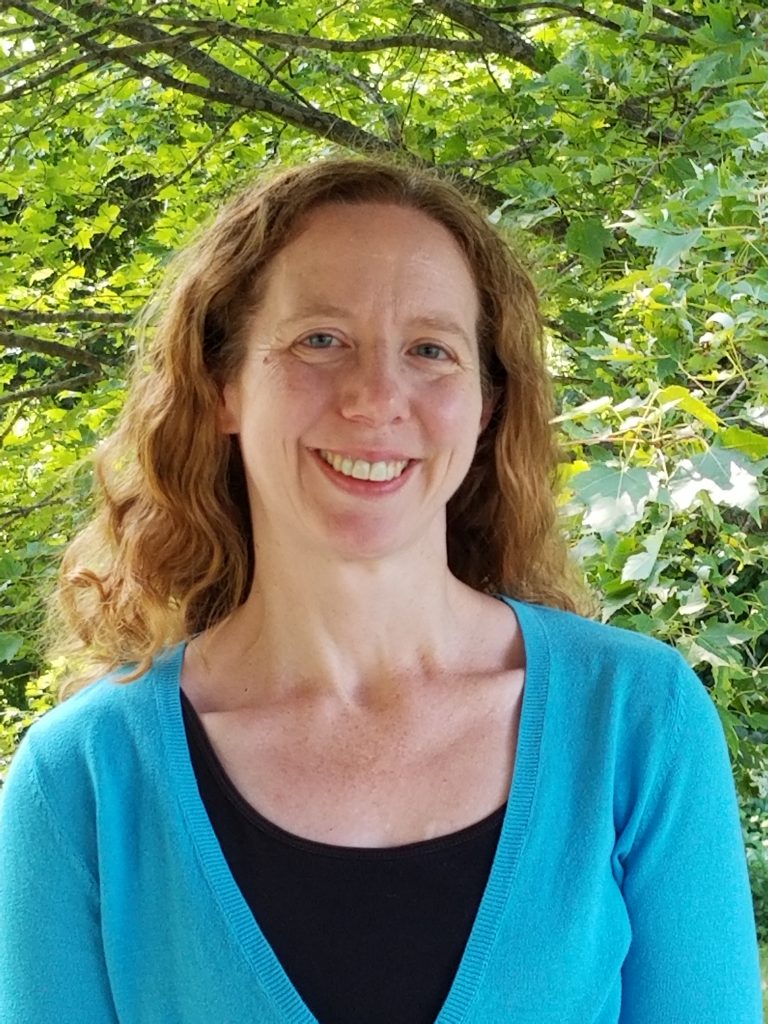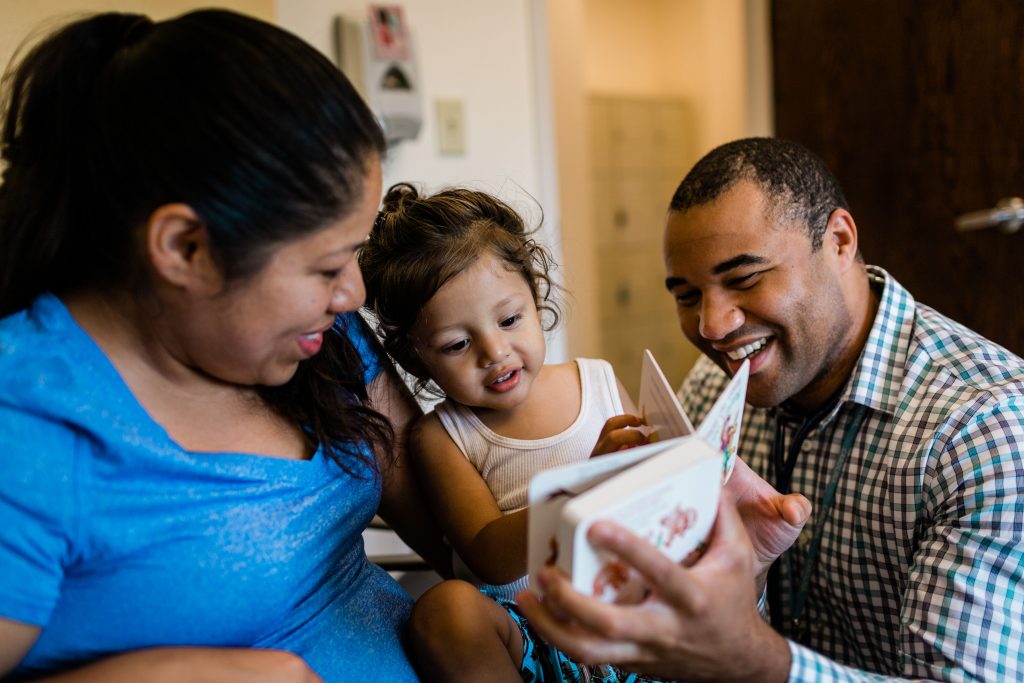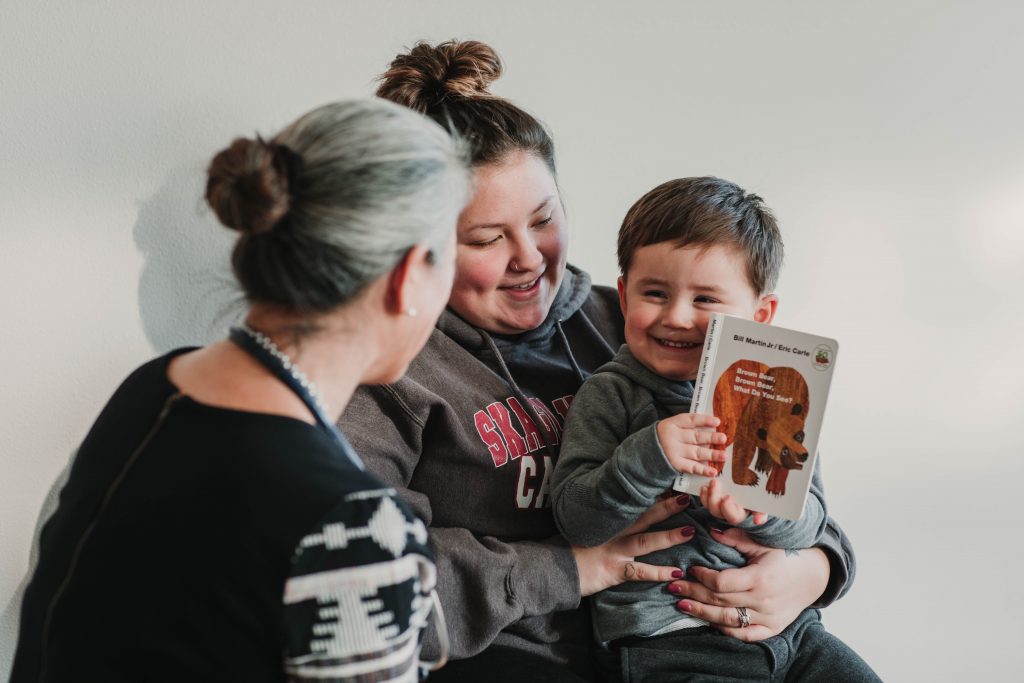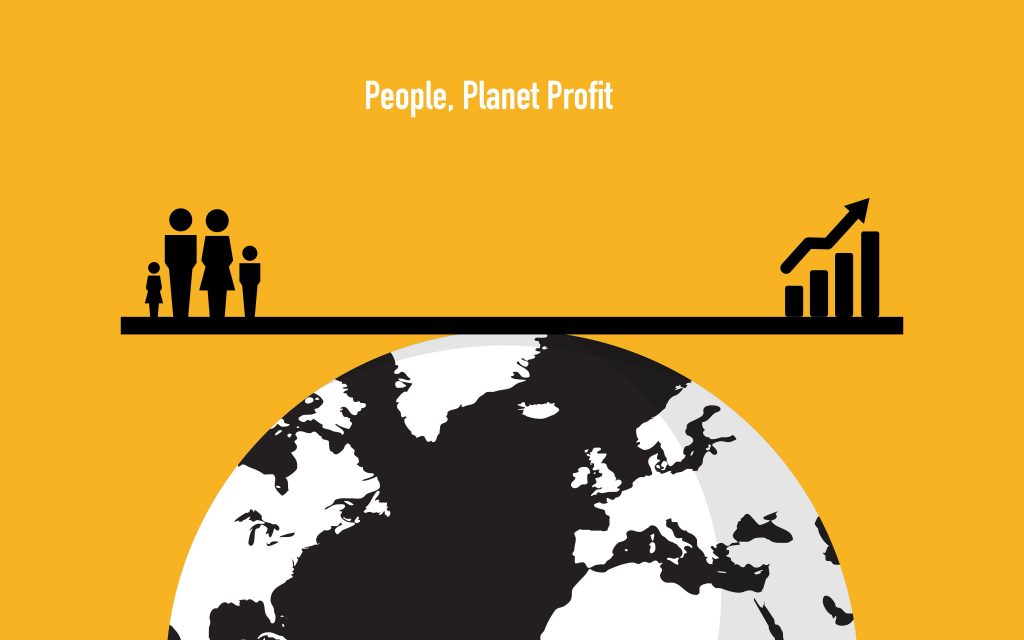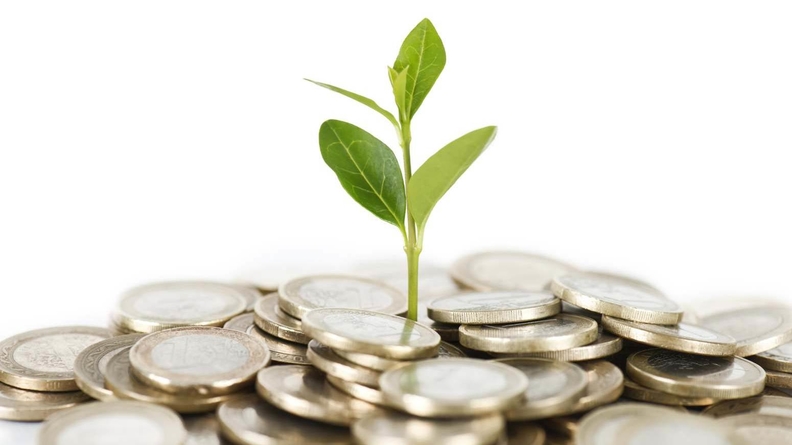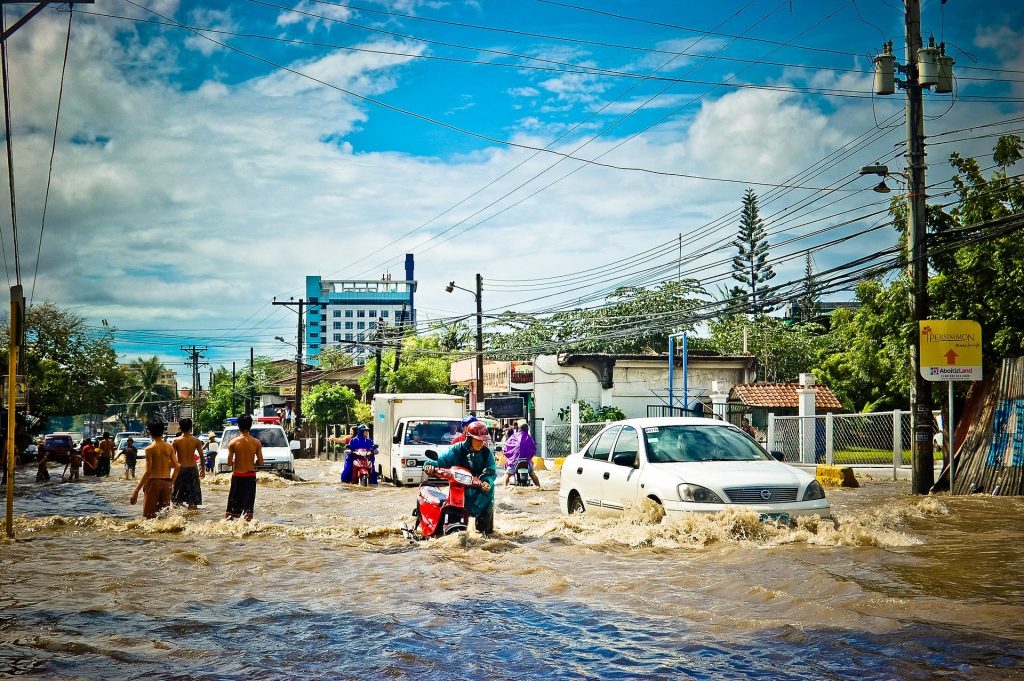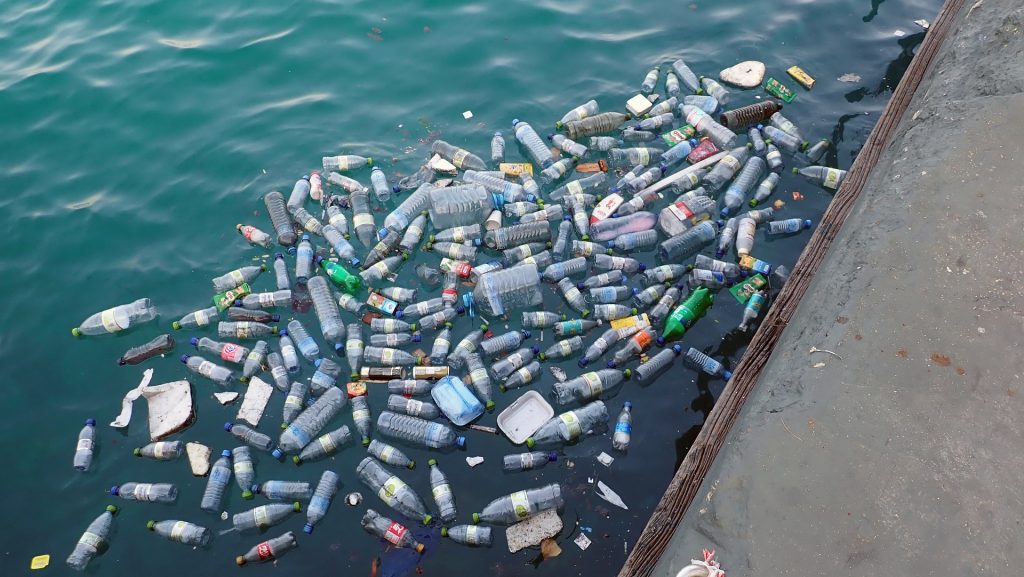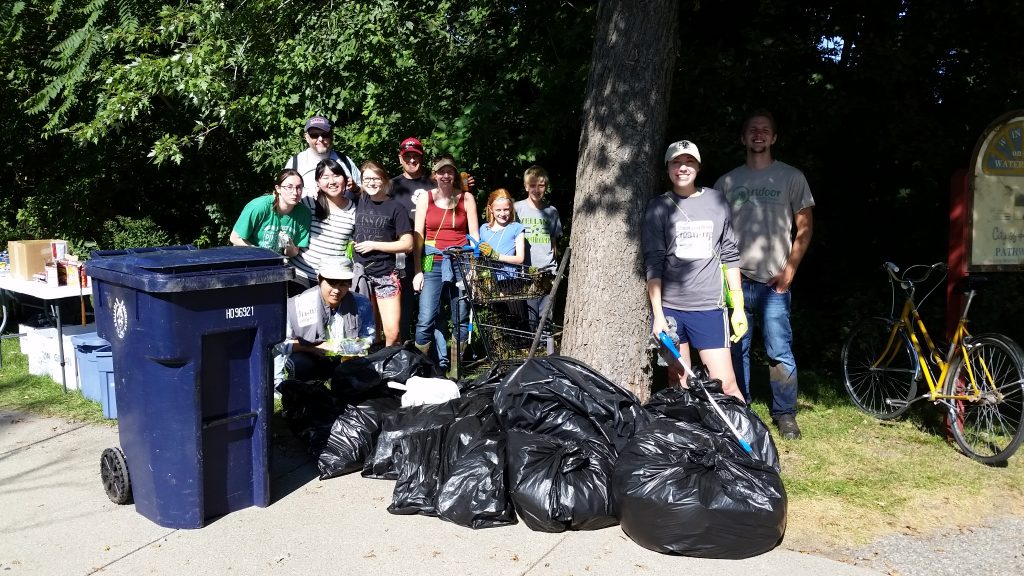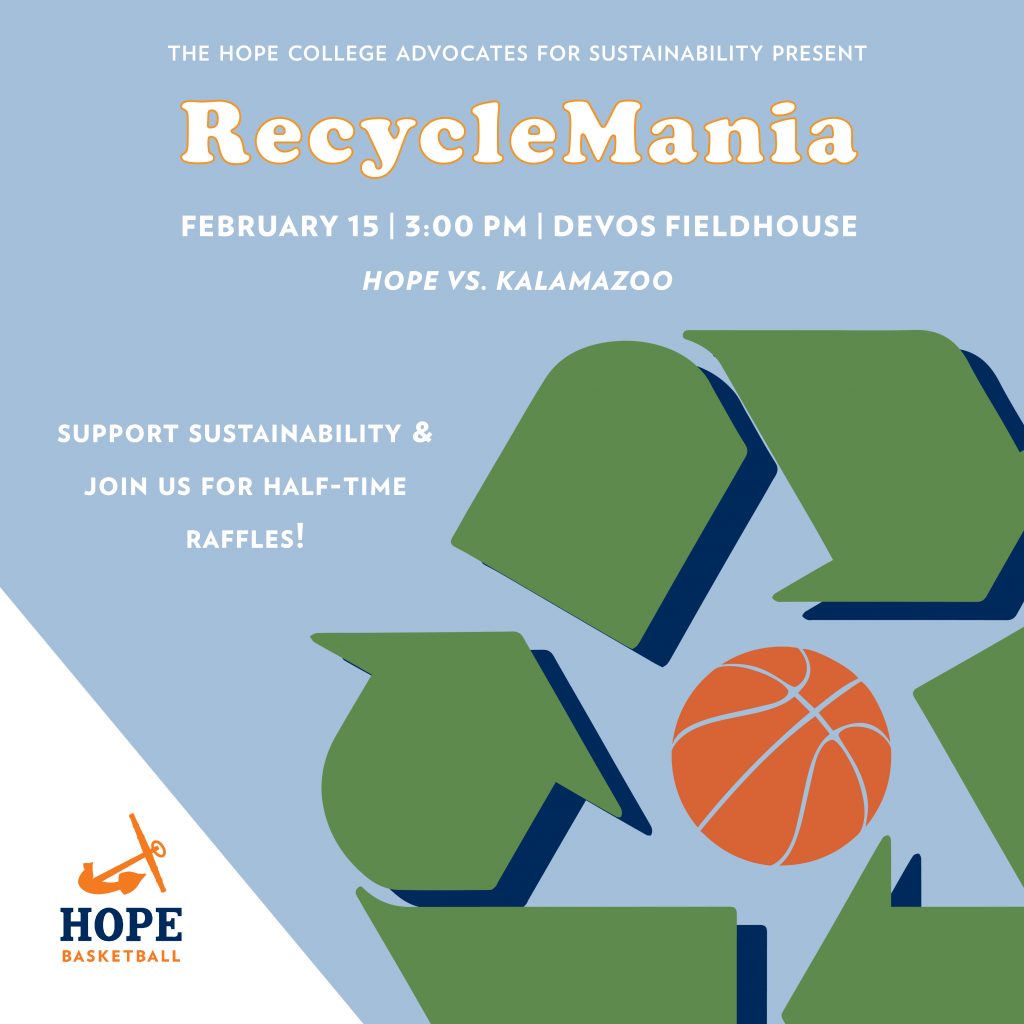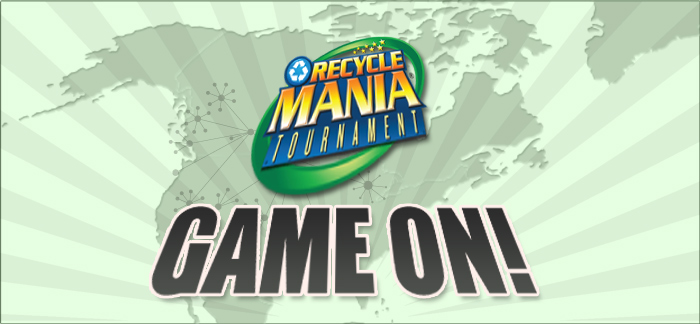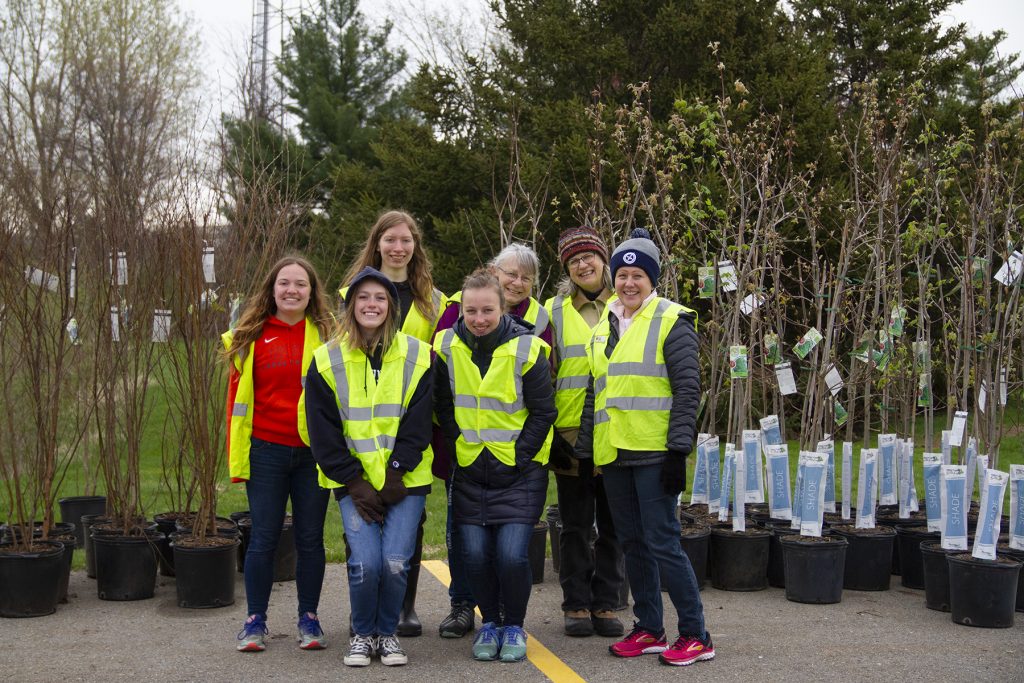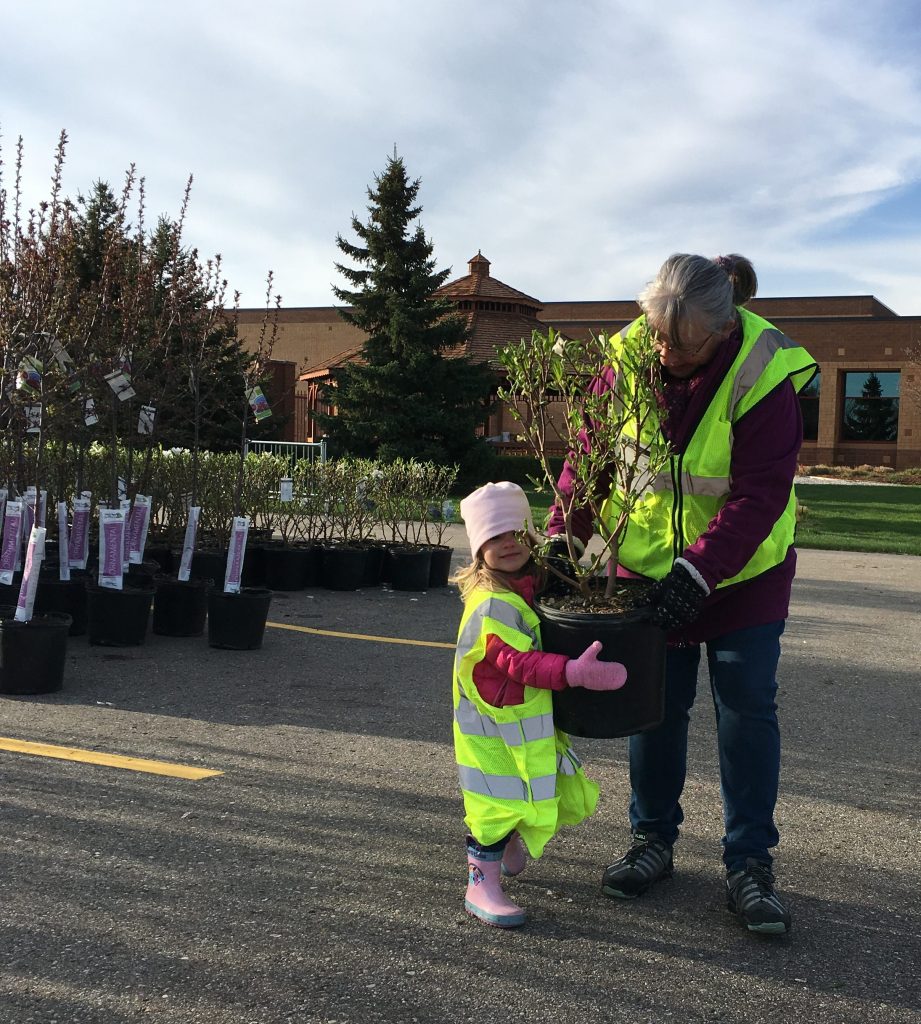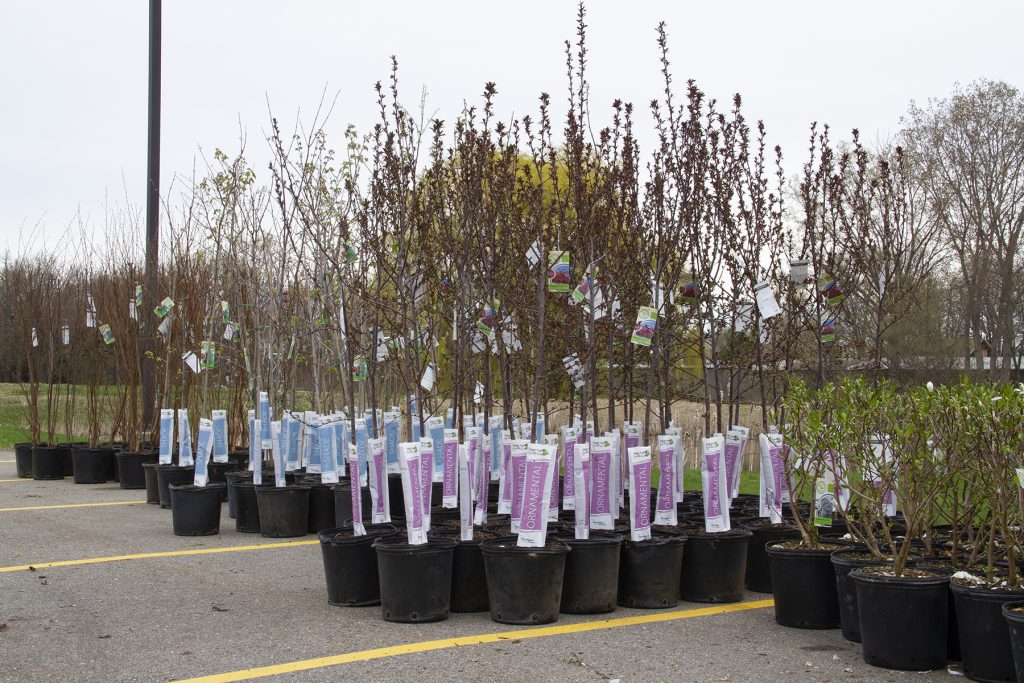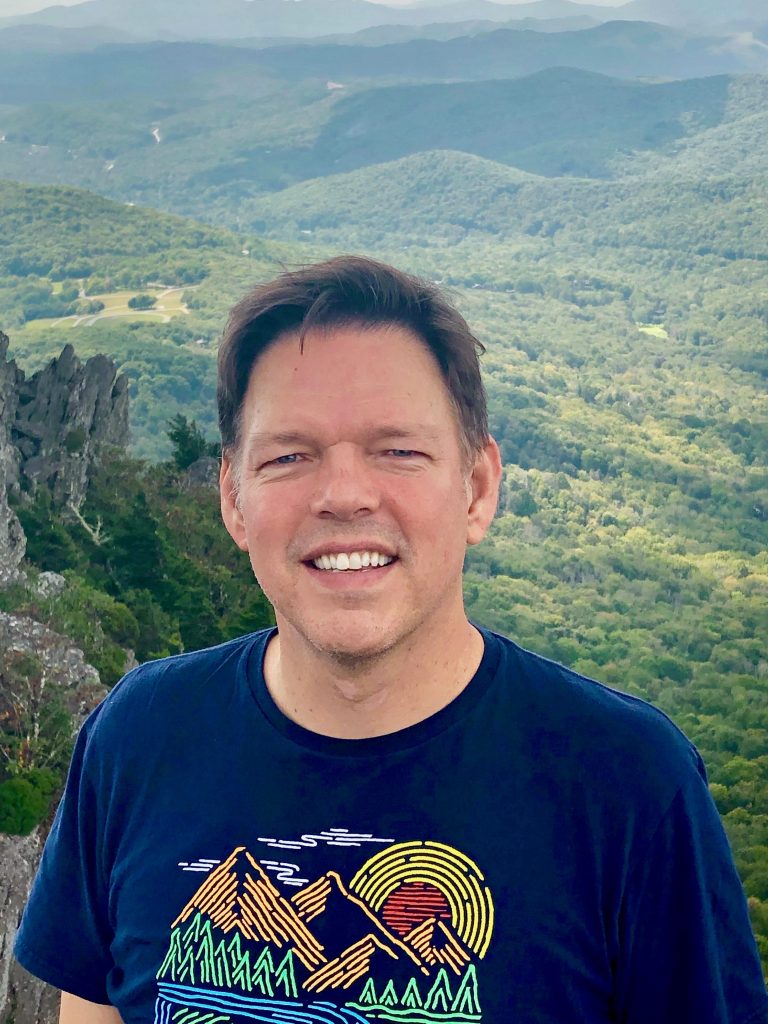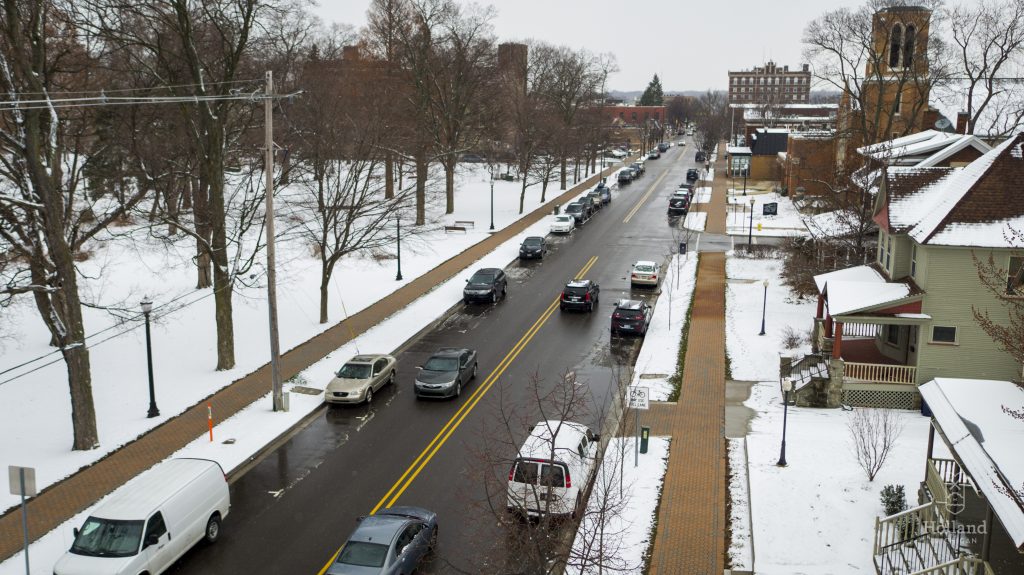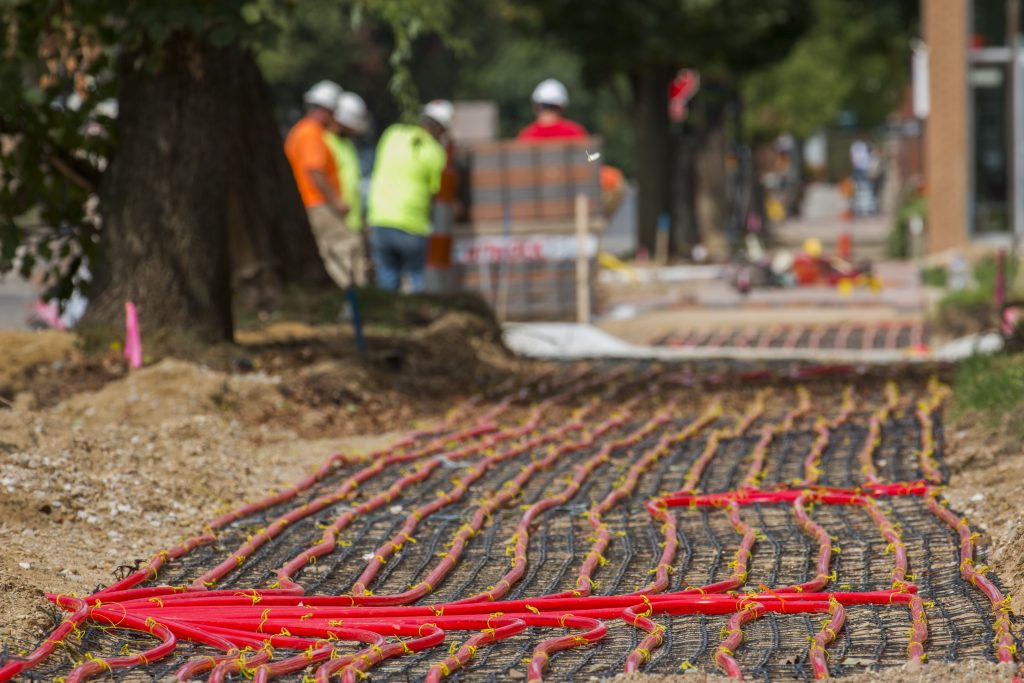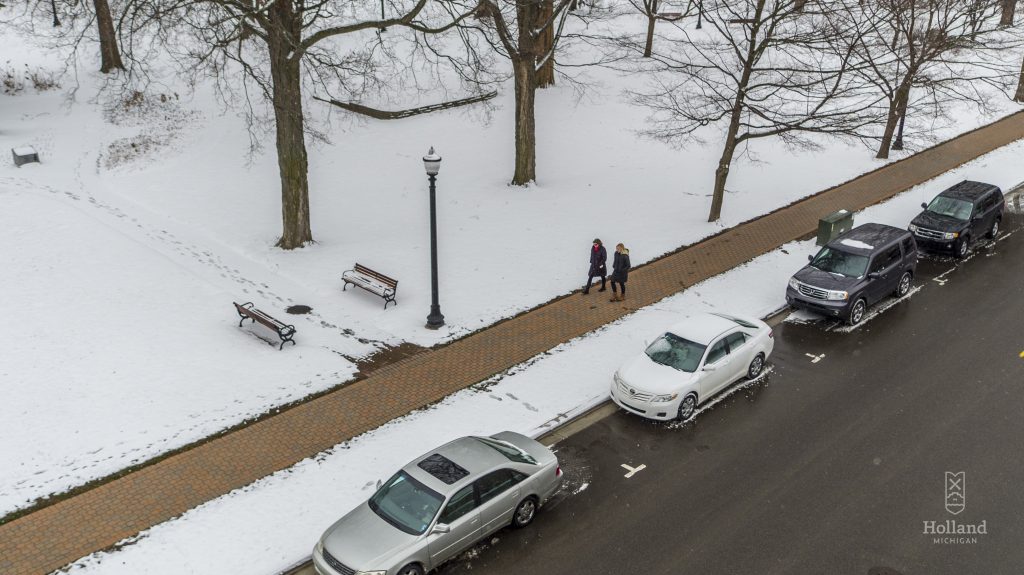By Zahabia Ahmed-Usmani and Erin Davison, Diversity Rocks the Book
How do we empower and uplift children of all identities and backgrounds? How do we help children understand their peers’ experiences so they grow up empathetic to experiences outside of their own?
The City of Holland’s Human Relations Commission took up this charge through a program called Diversity Rocks the Book whose mission is to empower all children to see themselves and value others through books.
These “diverse books reflect the world as it is, not the way the world never was and the way the world never will be,” explains Ezra Hyland, of the University of Minnesota. The breadth of diversity our children can be exposed to through books is boundless as more and more stories are being published honoring many different identities and experiences.
Our community is changing and so is the world. The more we equip our children for this reality the better. The noted scholar S.I. Hayakawa pointed out that, “It is not true that we have only one life to live; if we can read, we can live as many more lives and as many kinds of lives as we wish.”
To successfully share diverse books, parents, educators and care providers need to overcome the incorrect messages they have received their whole lives: That drawing attention to someone’s race, ability, or status is taboo; that we should just treat everyone the same; and that in 2020 we no longer have any biases or discrimination. These myths neglect to recognize each person’s unique experience, the advantages and oppressions that brings, as well as the beauty their lives bring into the worlds of others.
As mental health concerns rise in our youth populations, we can only grow from exposure to diverse stories. Stereotypes are rooted in limited information and a lack of exposure to counteract that limited information. Diverse books and talking about the very real diversity that surrounds us is a critical way to mitigate stereotypes and biases.
Diversity Rocks the Book does this by putting diverse books in the hands of our Holland school students and by providing educational opportunities for educators on how to share these books with students thanks to the partnership with Herrick District Library.
The program also offers guest readers to visit classrooms to share the books. Since Diversity Rocks the Book launched in 2018, the program has distributed more than 600 picture books and middle grade novels to Holland schools, sent 45 guest readers from the community to make 60 classroom visits, and reached more than 1,500 students.
As Diversity Rocks the Book looks to the future, it will focus on sustainability as well as sharing this model with other communities, creating inclusive communities for all. If you would like to find out more about Diversity Rocks the Book, please visit www.diversityrocksthebookholland.com.
Zahabia Ahmed-Usmani is program coordinator of Kaufman Interfaith Institute at Grand Valley State University. Erin Davison is children’s librarian at Herrick District Library. They are members of the Diversity Rocks the Book Planning Team.
This Week’s Sustainability Framework Theme
Community & Neighborhood: The places we live and the individuals we interact with support the development of our personalities and perspectives on life. Encouraging vital and effective communities is essential.
ABOUT THIS SERIES
Living Sustainably is a collection of community voices sharing updates about local sustainability initiatives. It is presented by the Holland-Hope College Sustainability Institute, a joint project of Hope College, the City of Holland and Holland Board of Public Works. Go to www.hope.edu/sustainability-institute for more information.
